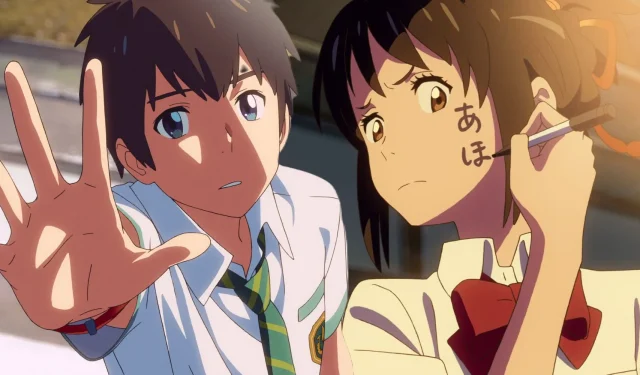
The conclusion of Your Name brings closure to an emotionally resonant narrative, yet it often leaves viewers puzzled due to its intricate time-travel elements. The story revolves around Taki and Mitsuha, two high school students whose profound connection transcends geographical and temporal boundaries. The movie employs a non-linear storytelling approach that, while complex, captivates audiences with its heartfelt depiction of a bond powerful enough to span both time and space.
This film has achieved remarkable financial success, grossing $382 million globally, positioning it among the ranks of iconic animations like Studio Ghibli’s Spirited Away (source: Box Office Mojo). The narrative unfolds over several years, from 2013 to 2021, and it becomes evident early on that Taki and Mitsuha are engaged in a body-switching phenomenon. However, the reasons behind this phenomenon, along with its mechanics, are not fully disclosed until the film’s conclusion. Understanding the dual timelines is essential for grasping the ultimate revelations of Your Name.
Why Taki Didn’t Recognize Mitsuha In Tokyo
Mitsuha Only Experienced Taki’s Future
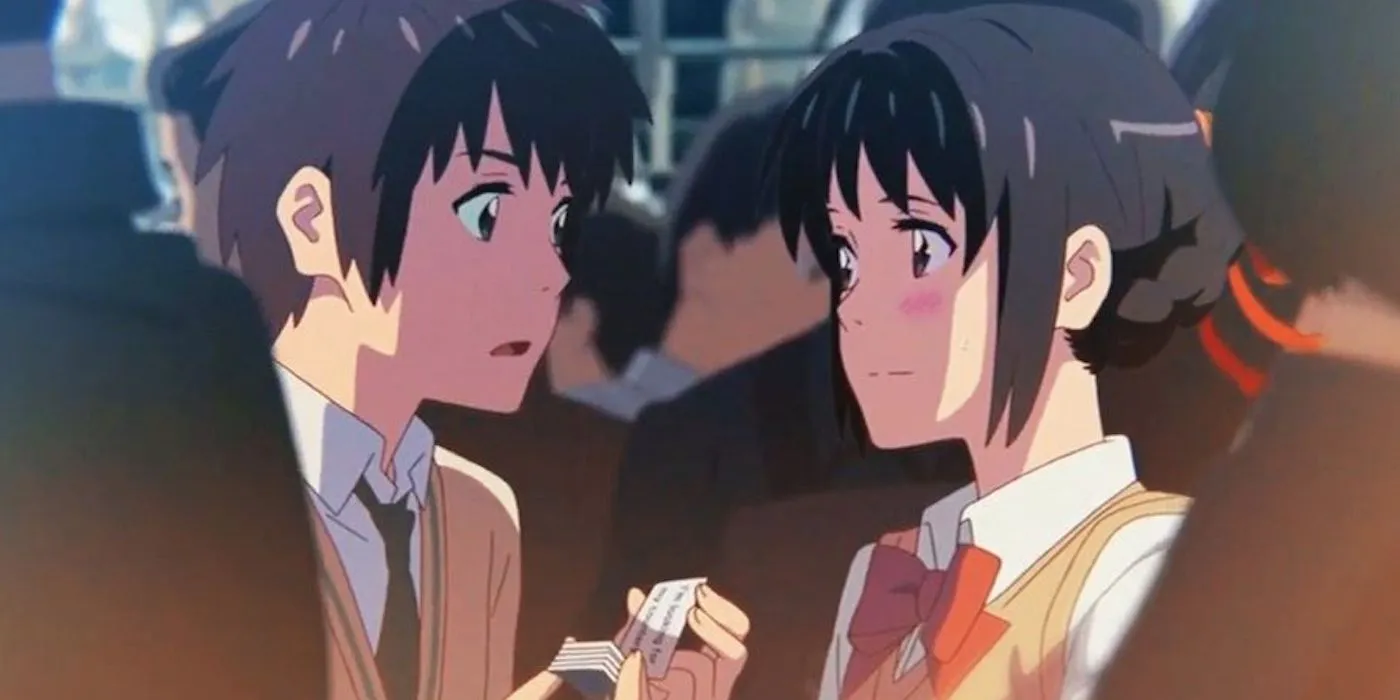
The complexities of time travel present unique challenges in Your Name. Although Mitsuha developed feelings for Taki prior to their first real meeting, her understanding was muddied by the timelines involved. The film illustrates that Mitsuha was unaware that her experiences in Taki’s body were occurring in 2016, three years beyond her current experience of 2013.
The narrative reveals that Taki and Mitsuha not only switch bodies but also have their consciousness intertwined across time. Consequently, while Mitsuha interacted with Taki’s future experiences, Taki would not encounter these moments until three years later. This explains Taki’s bewilderment upon encountering Mitsuha in Tokyo — he had yet to experience the moments which shaped their bond.
When Did Mitsuha Die?
Mitsuha Passed Away In 2013
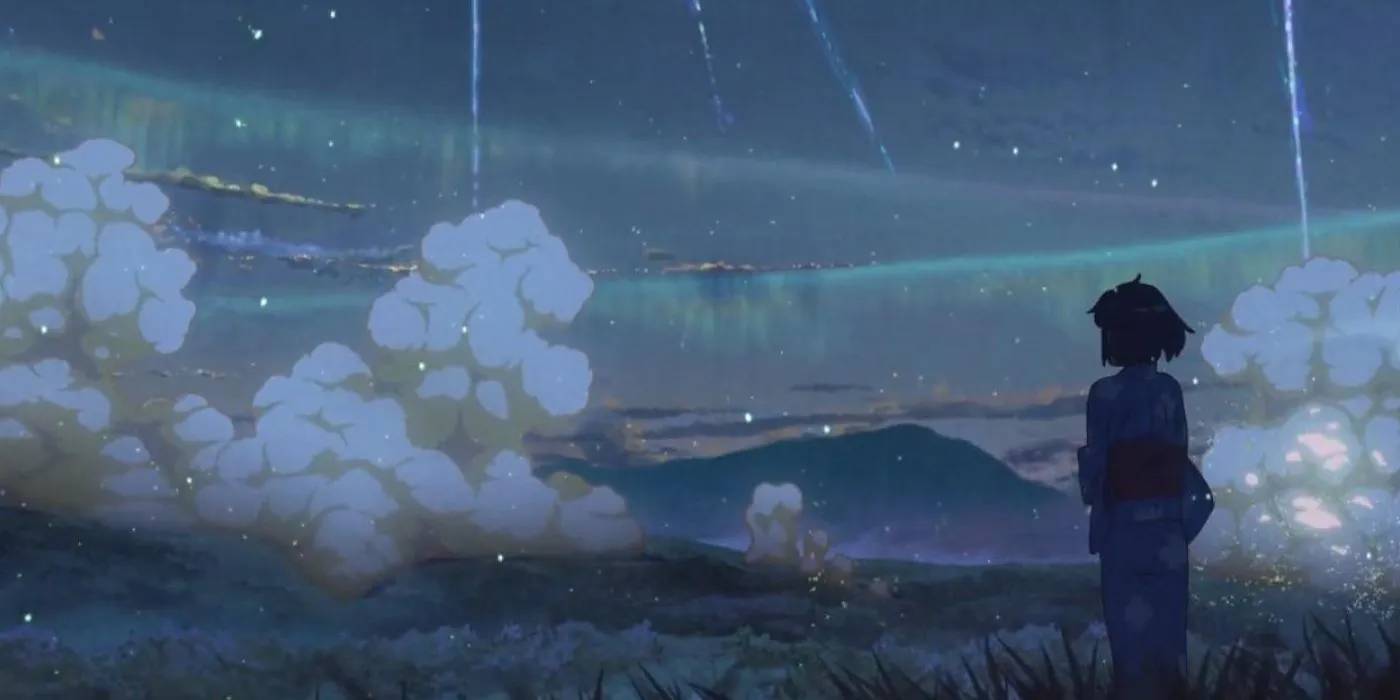
In a pivotal moment of the story, Mitsuha’s death occurs in 2013, following the cataclysmic impact of Comet Tiamat on her hometown of Itomori. For Mitsuha, the comet’s impending arrival is obscured by her ongoing body swaps, while Taki witnesses the aftermath of this catastrophe three years later during his own timeline.
This disconnection in their experiences explains Taki’s initial indifference to news of the comet — he is utterly shocked to discover, upon the film’s conclusion, that Mitsuha perished years before their timelines coincided.
How Did Taki Restart The Switch After Mitsuha’s Death?
Mitsuha’s Grandma’s Teachings Are Key
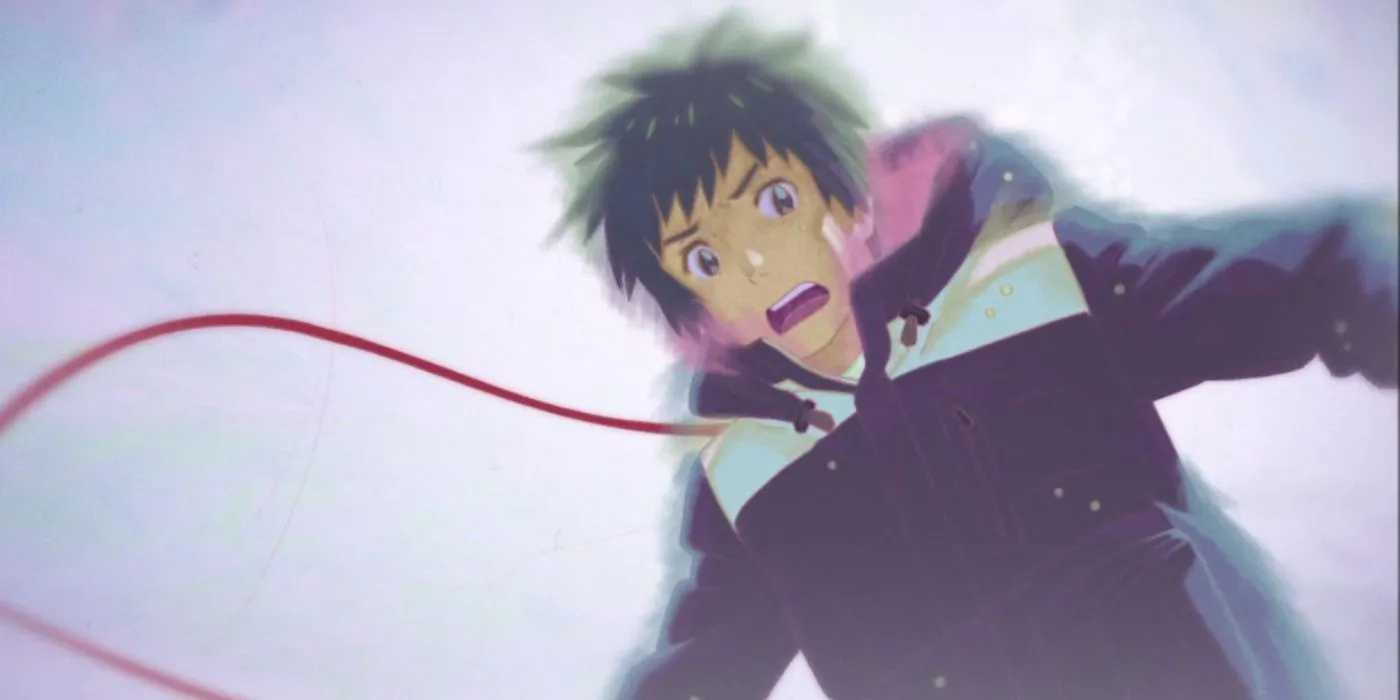
The tragic destruction of Itomori marked the end of the body-switching experience for Taki and Mitsuha. Following this calamity, all traces of their communication vanish from Taki’s phone, leading him into despair. However, recalling the wisdom imparted by Mitsuha’s grandmother regarding the nature of time reignites his hope.
Determined to reconnect with Mitsuha, Taki embarks on a crucial journey to the cave where Mitsuha’s kuchikamizake has been preserved. Consuming it signifies the revival of their unique bond—represented by the recurring motif of the red string. In a twist reminiscent of classic science fiction narratives, Taki finds himself back in 2013, just before the comet’s strike, following Mitsuha’s pivotal hairstyle change.
Why Didn’t Taki Write His Name On Mitsuha’s Hand?
The Anime’s Body-Swapping Came With Caveats
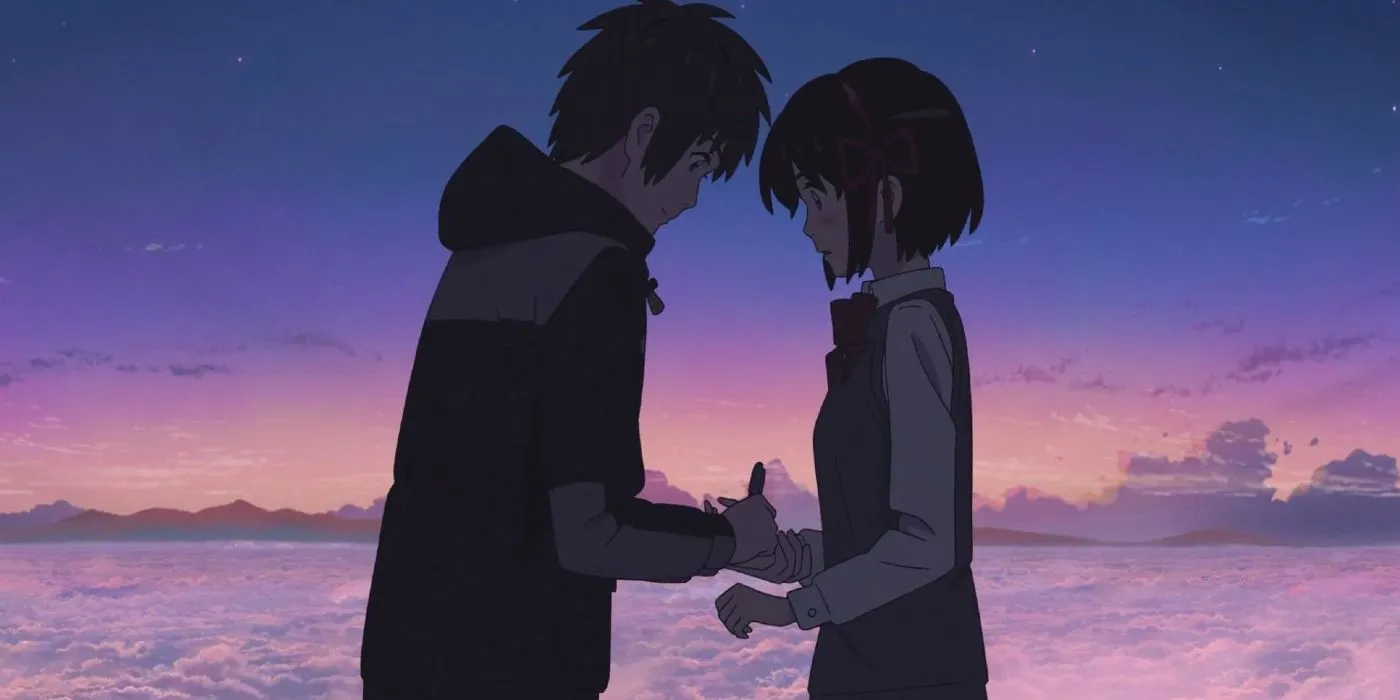
Despite the deep connection shared by Taki and Mitsuha, the consequences of their body-switching meant neither could retain vivid memories of their exchanges. This amnesia is alluded to through Mitsuha’s grandmother, who often experienced dreams related to other lives. Aware of their impending forgetfulness, Taki proposed writing their names on each other’s hands.
Ultimately, Taki chose to write, “I love you,”an act that stood out as the film’s emotional climax. This decision was pivotal, for even if Mitsuha forgot his name, the message of love would survive, ensuring she would hold on to the essence of their bond despite the loss of detailed memories.
How The Town Was Saved In Your Name
Knowing About The Fate Of Itomori Allowed Taki To Act

On the day of the comet’s anticipated impact with Itomori, Taki finds himself in Mitsuha’s body and attempts a desperate warning to the townspeople. Initially thwarted, he teams up with companions Sayaka and Katsuhiko to execute an evacuation strategy. As ‘the magic hour’ concludes, Mitsuha resumes her own identity, equipped with foreknowledge of the disaster.
In a series of heroic actions, she convinces her father, the town’s mayor, to facilitate the evacuation, putting Taki’s plan into action and ultimately saving countless lives.
Did Taki And Mitsuha End Up Together?
The Pair Find Each Other Despite The Memory Loss
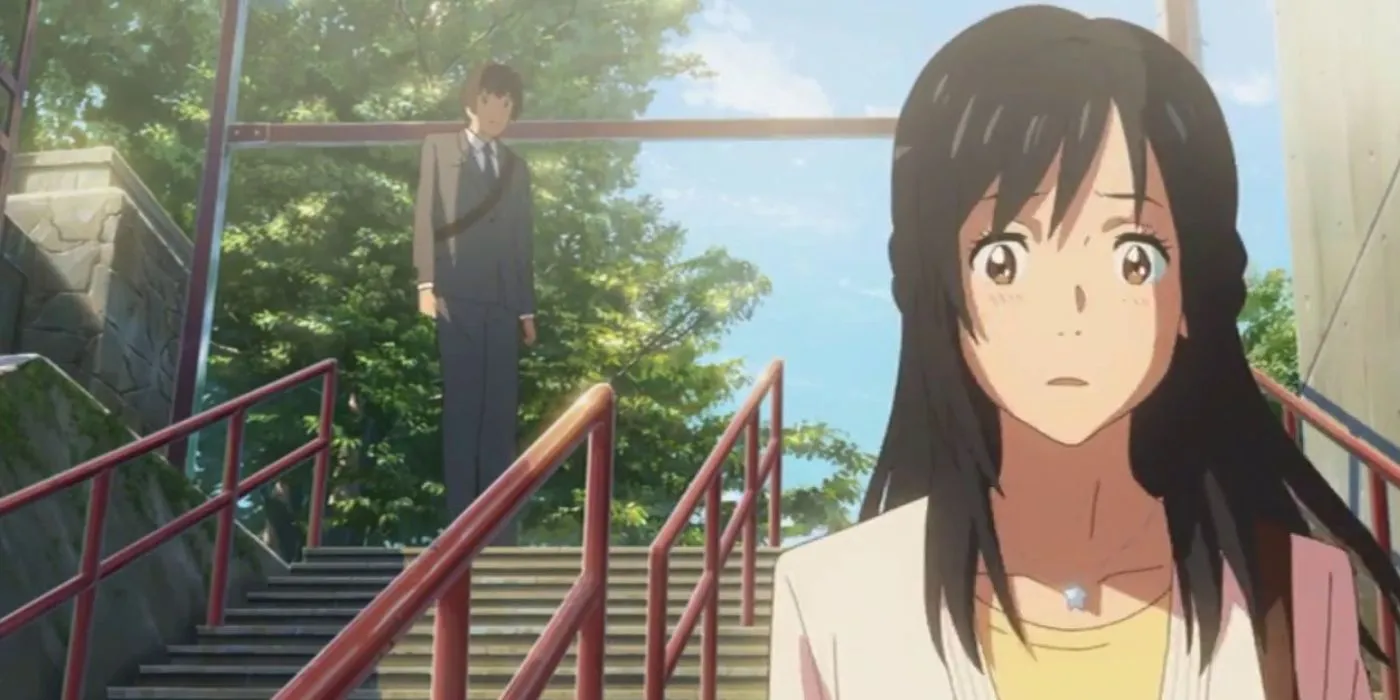
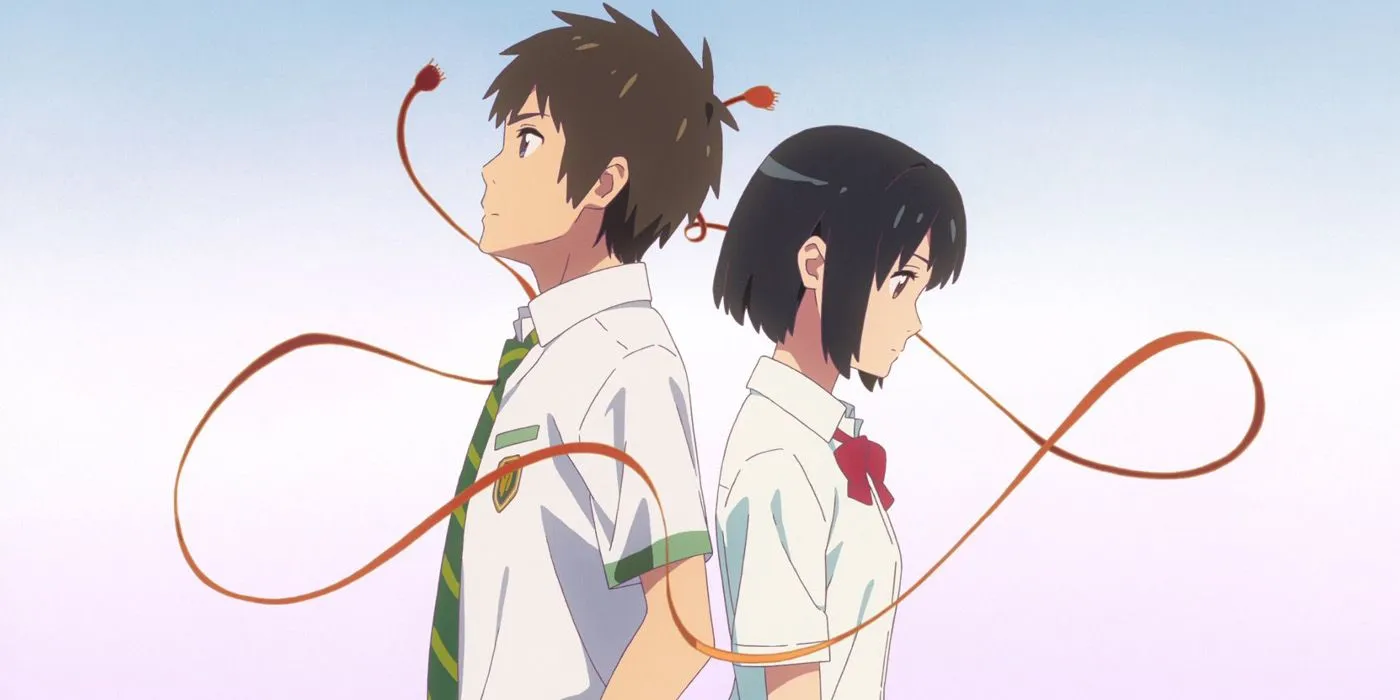
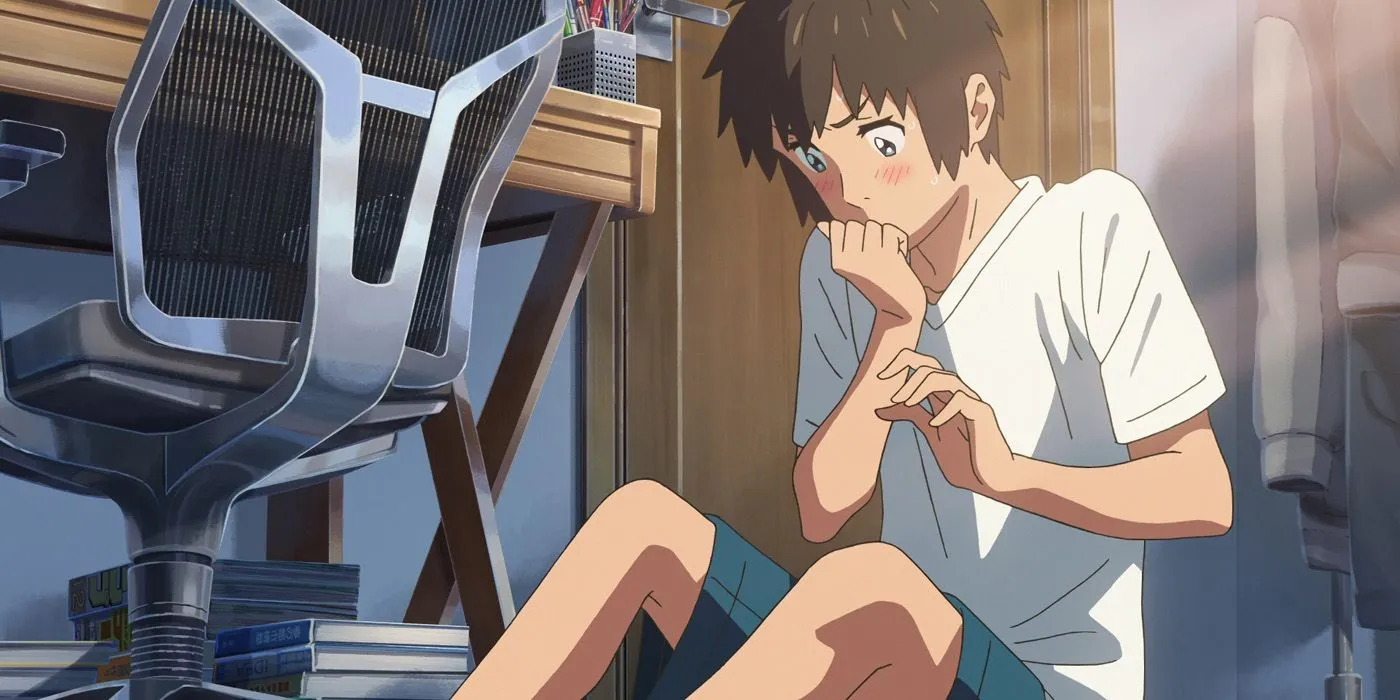
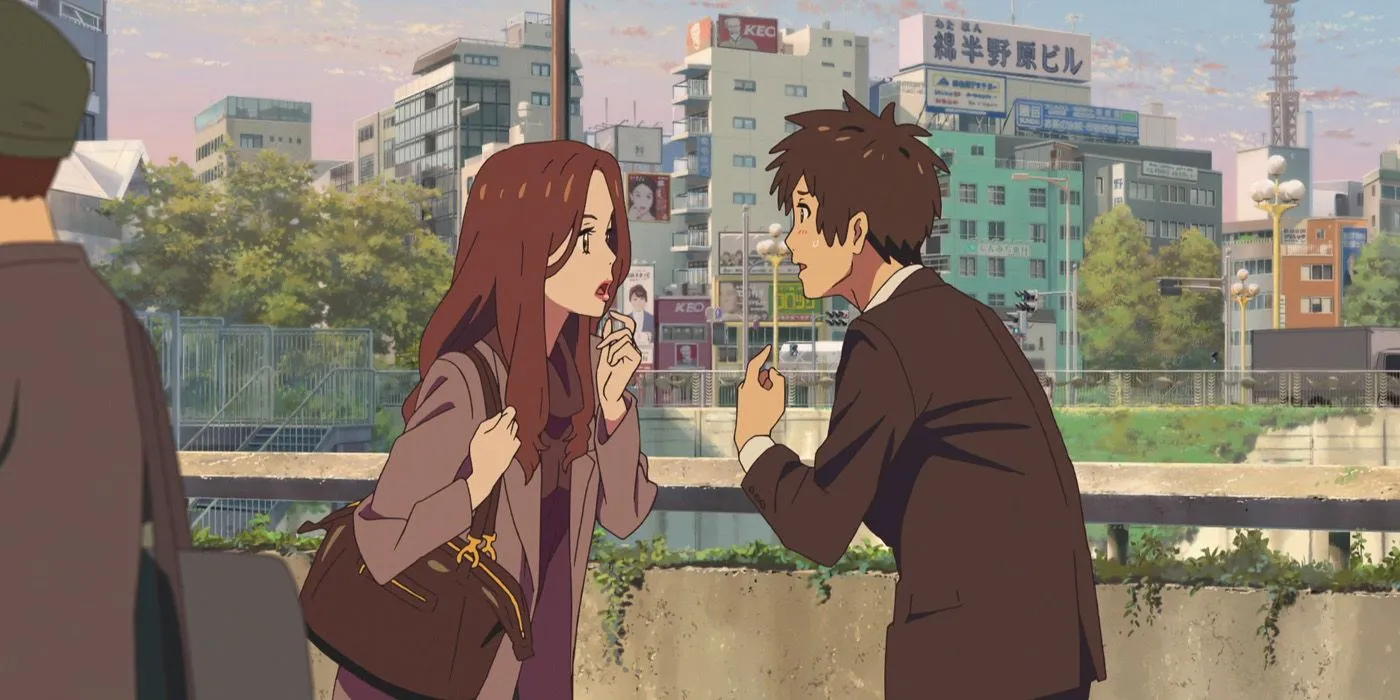
The climactic ending reveals that while Mitsuha and the residents of Itomori have been saved, the memories of Taki and Mitsuha about each other have been lost. Eight years later, Mitsuha realizes her dream of living in Tokyo, while Taki, drifting from his memories, returns to the city after five years.
Destiny serves as a pivotal theme throughout Your Name, and it plays a crucial role once again when Taki and Mitsuha fortuitously cross paths in Tokyo. Despite their amnesia, a profound instinct draws them together—a sensation echoed in other cinematic narratives of romance and fate. As they stand captive by an ineffable connection, they introduce themselves, suggesting an eternal thread of fate interwoven into their lives.
This poignant reunion evokes anticipation and hope; even without their shared memories, Your Name hints that Taki and Mitsuha have the potential to create a new narrative together, restarting their intertwined journey.
The Real Meaning Of The Your Name Ending
The 2016 Movie Explores Fate And Human Connection
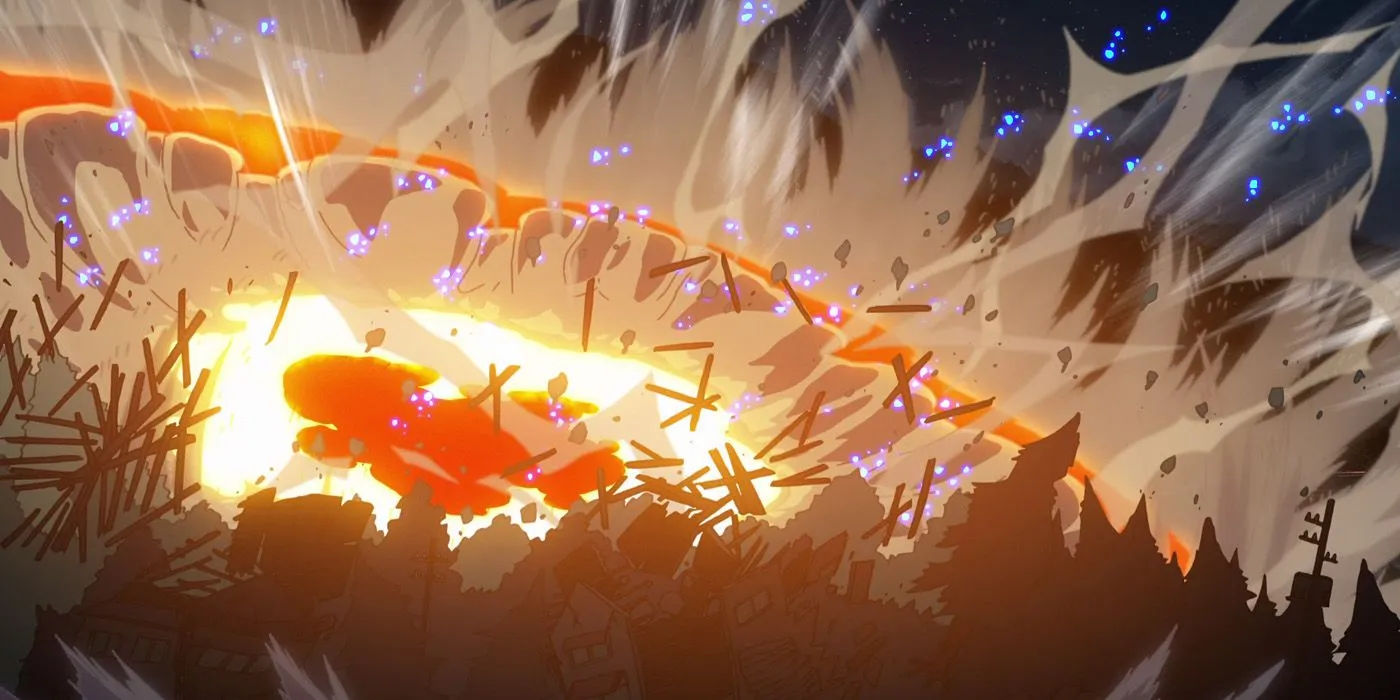
The acclaim garnered by director Makoto Shinkai’s Your Name owes much to its rich thematic depth. The film’s ending is layered with meaning, effectively encapsulating significant insights and messages.
At its core, Your Name is a profound meditation on themes of fate, destiny, and individual agency in shaping one’s future. The narrative binds Taki and Mitsuha’s fates from the moment their bodies begin to exchange, thereby establishing a love story that raises intriguing questions regarding the malleability of fate.
This exploration reaches a climax through Taki’s heroic efforts to alter the doom of Itomori. Initially, the comet’s arrival seemed predetermined and inescapable. However, Taki’s resolve to change history illuminates a powerful message embedded within the film—despite the certainty of tragic outcomes, individuals possess the capacity to effect change.
Nonetheless, Your Name does not wholly dismiss the concept of fate. The incidental reunion of Taki and Mitsuha years later serves as poignant evidence of this intertwining of lives. The moral extends beyond the mere randomness of existence; it underscores a perspective that while fate can feel rigid, individuals ultimately wield significant influence over their destinies.
Equally vital is the notion of human connection, a theme that resonates deeply throughout the film. Taki and Mitsuha’s serendipitous encounter in Tokyo—even in a state of forgetfulness—underscores the narrative’s persistent theme: that the threads linking humanity often remain untouched by conscious memory. Their reunion serves as a profound reminder of how intertwined our lives are, even among strangers.




Leave a Reply